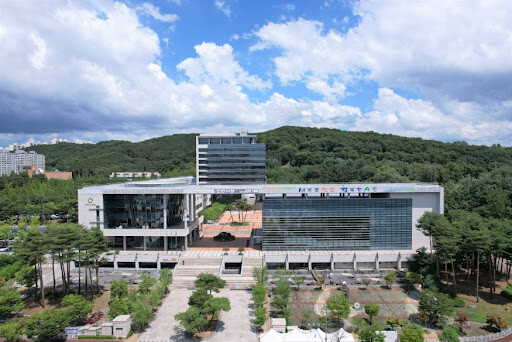
Cheonan, South Korea – In a significant move aimed at combating the nation's declining birth rate and easing the financial burden on families, Cheonan City announced a 50% reduction in property tax for multi-child households that welcome a new child this year. This progressive measure, detailed in an amendment to the "Cheonan City Tax Reduction Ordinance," recently passed the Cheonan City Council and will take effect with property tax assessments issued in July.
A Targeted Approach to Support Growing Families
The newly enacted tax relief targets multi-child households that have welcomed an additional child since January 1, 2024, resulting in two or more children. To be eligible, the parents must own only one residential property with an officially assessed value of 900 million Korean Won (approximately $650,000 USD) or less. This comprehensive reduction will apply to the property's total tax liability, including the urban area tax component.
This strategic tax incentive is expected to play a crucial role in alleviating the economic pressures associated with raising children, particularly housing costs, which are a significant concern for many families in South Korea. By directly addressing this financial strain, Cheonan City aims to foster a more supportive environment for childbirth and childcare, thereby contributing to the broader national effort to reverse the trend of low birth rates.
A Broader National Challenge and Local Solutions
South Korea continues to grapple with the world's lowest birth rate, a demographic crisis that poses long-term challenges to its economy and social welfare system. In 2023, the total fertility rate – the average number of children a woman is expected to have in her lifetime – dropped to a record low of 0.72. This alarming figure is far below the 2.1 rate needed to maintain a stable population. Factors contributing to this decline are multifaceted and include the high cost of raising children, soaring housing prices, intense competition in education, and a demanding work-life culture that often makes it difficult for parents to balance careers and family responsibilities.
In response to this national crisis, various levels of government in South Korea have been implementing diverse policies to encourage childbirth. These initiatives range from direct financial subsidies for newborns and childcare support programs to preferential housing allocations for multi-child families and expanded parental leave benefits. Cheonan City's property tax reduction is a notable example of a local government tailoring its policies to address the specific needs of its residents and complement national efforts.
Cheonan's Vision: A Child-Friendly City
Kim Mi-young, head of Cheonan City's Tax Policy Division, emphasized the significance of this ordinance. "This property tax reduction ordinance will not only substantially ease the housing cost burden for families giving birth and raising children but also play a vital role in encouraging childbirth," Kim stated. "It holds great meaning in our endeavor to create Cheonan as a city where it is easy and enjoyable to have and raise children."
The city's proactive approach aligns with a growing understanding that comprehensive support, rather than isolated measures, is key to fostering a more child-friendly society. Beyond financial incentives, creating a supportive ecosystem involves improving access to affordable and high-quality childcare, developing family-friendly urban infrastructure, and promoting a cultural shift towards greater work-life balance.
This property tax relief is an essential component of Cheonan's broader strategy to enhance the quality of life for its families. By mitigating a portion of the housing expense, the city aims to free up household income that can be reallocated to other essential needs for child-rearing, such as education, healthcare, and daily living expenses. Such policies are crucial for demonstrating tangible government support and encouraging prospective parents to consider having more children, thereby building a more sustainable and vibrant community for future generations. Cheonan City's initiative serves as a model for other municipalities seeking effective ways to address demographic challenges and invest in their human capital.
[Copyright (c) Global Economic Times. All Rights Reserved.]






























